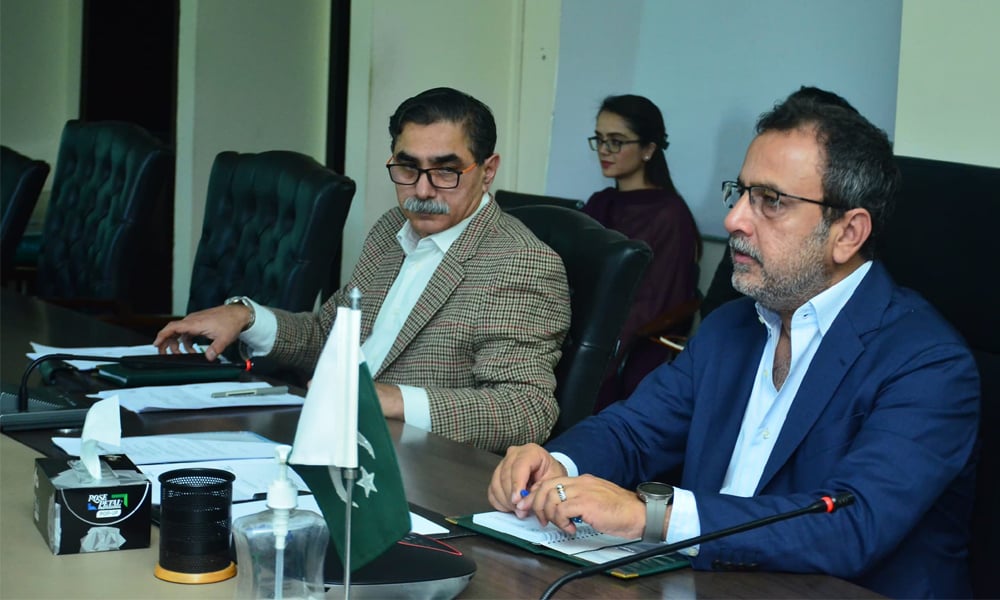PTBP Web Desk
Power Division, led by Minister for Power Sardar Awais Ahmad Khan Leghari, is scheduled to meet with the visiting team from the International Monetary Fund (IMF). The purpose of this briefing is to discuss the challenges and reforms within the country’s power sector, including significant updates on the renegotiation of contracts with Independent Power Producers (IPPs).
The Task Force on Energy, which includes notable figures like the Special Assistant to the Prime Minister on Power, Muhammad Ali, and Lt. General Muhammad Zafar Iqbal, has made considerable strides in revising the terms of power purchase agreements (PPAs). Here’s what has been achieved:
Contracts with five IPPs, namely HUBCO, Lalpir, Saba Power, Rousch Power, and Atlas Power, have been prematurely terminated, projecting savings of Rs 412 billion over the remaining contract periods. This decision has already received federal cabinet approval.
Revised Agreements: Eight baggasse-fired IPPs have signed revised agreements, which are expected to save between Rs 80-100 billion, though these savings are still pending cabinet approval.
The Task Force is currently negotiating with 18 IPPs established under the 1994 and 2002 policies. Partial agreements have been initialed with Engro Powergen, Sapphire Power, and Fauji Kabirwala, but there’s resistance from some IPPs regarding the repayment of overpayments amounting to Rs 55 billion.
The next week is pivotal as the government plans to extend these negotiations to Government Power Plants (GPPs) and subsequently to wind and solar projects. The aim is to streamline the power sector’s financial framework and reduce tariffs through these renegotiations:
The government anticipates annual savings of Rs 200-300 billion from these negotiated deals.
Re-profiling of debts from Chinese IPPs could potentially lower tariffs by Rs 3.25 per unit, aiming for a total reduction of around Rs 6 per unit.
Settle Rs 263 billion for IPPs and GPPs in FY25, utilizing a structured financial approach including floating-rate Pakistan Investment Bonds (PIBs) and Sukuks.
Reduce capacity payments by renegotiating PPAs, which might involve extending loan durations and depends on budget space and the Circular Debt Management Plan (CDMP) progress.
Timely tariff adjustments and notifications for rebasing, Fuel Charges Adjustments (FCAs), and Quarterly Tariff Adjustments (QTAs).
Managing circular debt within the agreed limits, currently at Rs 2.6 trillion, with expectations of reduction as financial claims are processed.
Losses and Legal Actions: While losses are within IMF limits, NEPRA is taking legal steps against Distribution Companies (Discos) for contributing to a Rs 276 billion increase in circular debt due to Transmission and Distribution (T&D) losses.
Privatization and Reforms: The briefing will also cover the ongoing privatization plan for Discos, guided by the World Bank, and broader sector reforms like the bifurcation of the National Transmission and Despatch Company (NTDC), AMI meter installations, and the formation of new professional boards in Discos.




